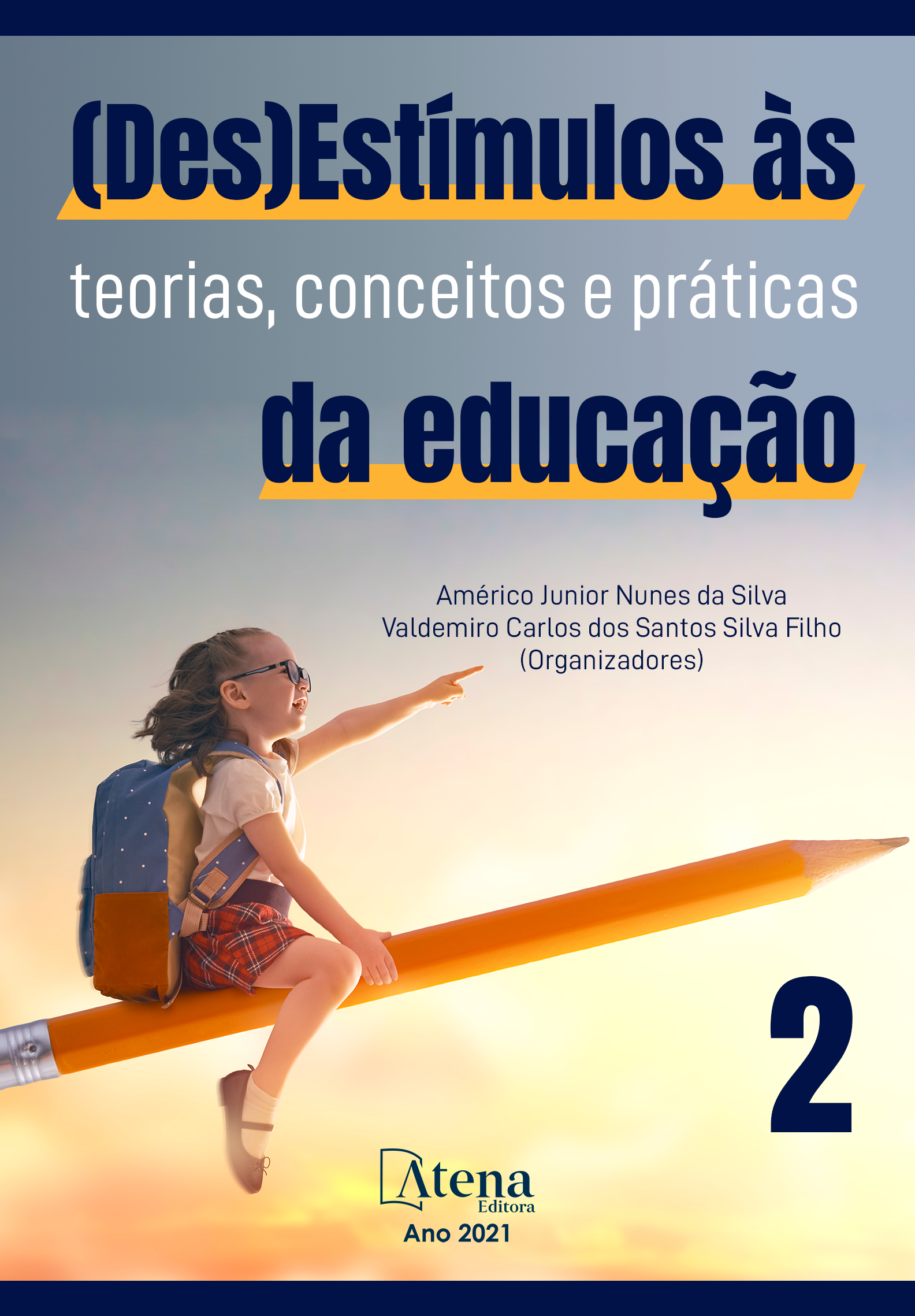
SURDEZ, MOVIMENTOS SOCIAIS SURDOS E DIREITOS HUMANOS: UM ESTUDO SOBRE O DIREITO À INFORMAÇÃO.
A falta de professores especializados, tradutores e intérpretes de libras, cursos de capacitação em Libras em diferentes áreas e a dificuldade de acesso à informação diariamente, trouxe reflexões sobre o universo que envolve o sujeito surdo. Pergunta-se como é possível o acesso à informação e ao conhecimento sobre direitos humanos se a falta de conhecimento da Libras ainda é uma barreira para a comunicação. Movida por essa questão, tendo em vista a relevância de uma educação pautada nos direitos humanos, em especial para grupos e pessoas socialmente discriminados, buscou-se investigar como se deu o acesso à informação sobre os direitos humanos numa comunidade surda. Para responder à questão central desse estudo fez-se necessário contextualizar historicamente a trajetória de lutas e desafios vividos pelos surdos ao longo do tempo por meio de um histórico da educação de surdos destacando também algumas conquistas dos movimentos sociais de surdos, nas últimas décadas. Tendo em vista a natureza e os limites dessa pesquisa, foi realizado um questionário fechado e dicotômico como instrumento de pesquisa. Portanto, o presente estudo teve o objetivo central de investigar o acesso à informação sobre direitos humanos por sujeitos surdos numa dada realidade. Os resultados apontaram a importância do bilinguismo e das associações de surdos nesse processo, bem como a necessidade de incluir o tema dos direitos humanos no currículo escolar e a produção de material sobre a temática para a comunidade surda.
SURDEZ, MOVIMENTOS SOCIAIS SURDOS E DIREITOS HUMANOS: UM ESTUDO SOBRE O DIREITO À INFORMAÇÃO.
-
DOI: https://doi.org/10.22533/at.ed.4362103083
-
Palavras-chave: Direitos Humanos e Cidadania. Educação de Surdos. Movimentos sociais surdos.
-
Keywords: Human Rights and Citizenship. Deaf Education. Deaf social movements.
-
Abstract:
The lack of specialized teachers, translators and interpreters of pounds, training courses in Brazilian Sign Language, Libras, in different areas and the difficulty of access to information daily, brought reflections on the universe that involves the deaf subject. One wonders how it is possible to access information and knowledge about human rights if Libras' lack of knowledge is still a barrier to communication. Moved by this issue, in view of the relevance of an education based on human rights, especially for groups and people socially discriminated, we sought to investigate how access to information on human rights was given in a deaf community. To answer the central question of this study it was necessary to contextualize historically the trajectory of struggles and challenges experienced by the deaf over time through a history of deaf education also highlighting some achievements of deaf social movements in recent decades. Considering the nature and limits of this research, a closed and dichotomous questionnaire was performed as a research instrument. Therefore, the present study had the central objective of investigating the access to information on human rights by deaf subjects in a given reality. The results pointed out the importance of bilingualism and deaf associations in this process, as well as the need to include the theme of human rights in the school curriculum and the production of material on the theme for the deaf community.
-
Número de páginas: 20
- Simone Gardes Dombroski
- Vanessa Cristina Alves


